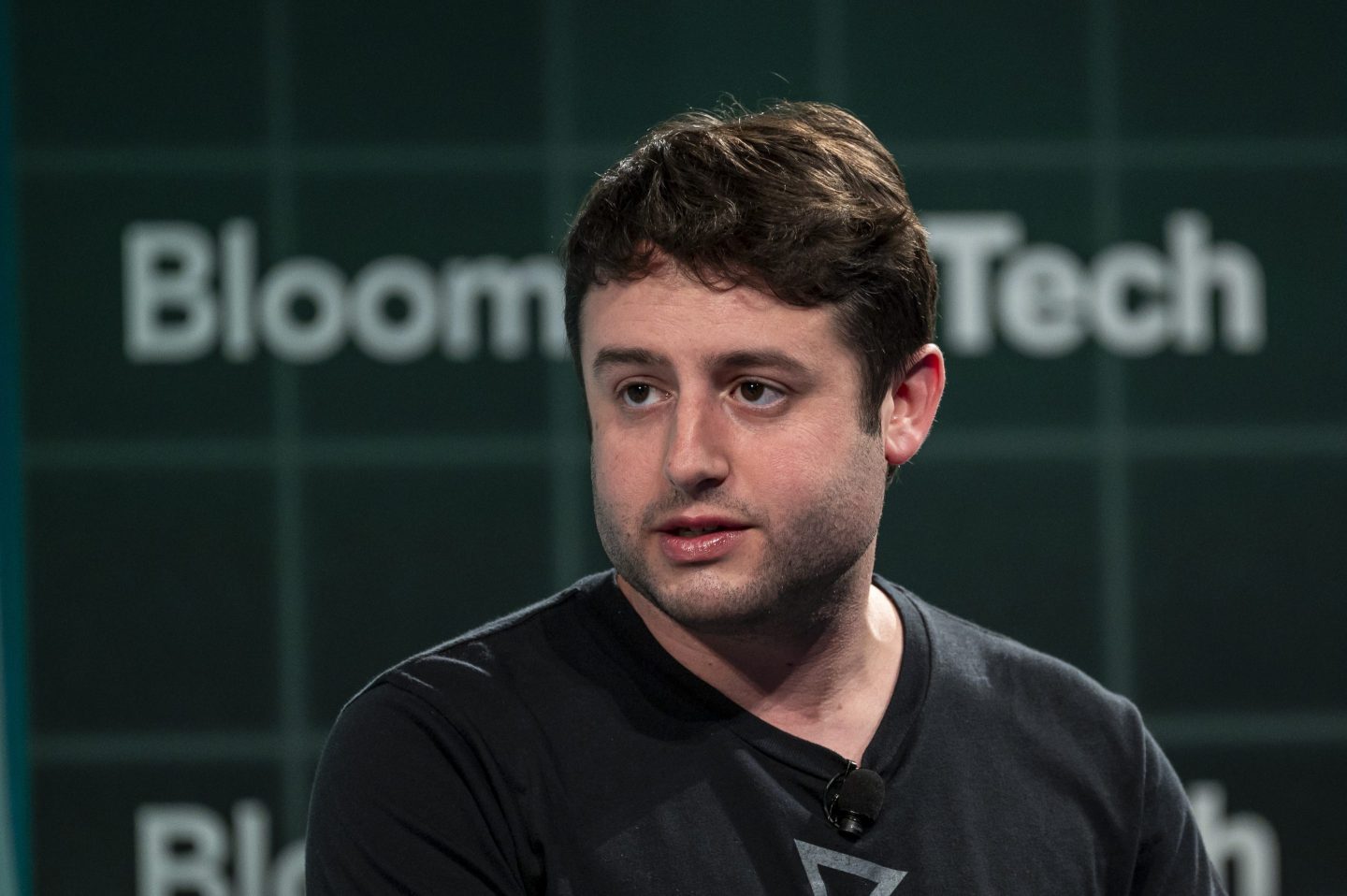Figma CEO Dylan Field delivered a clear message to his team before and even the day of his company’s Wall Street debut: Focus on what you can control, not the market’s whims.
In his first podcast interview since the design software company went public, the 33-year-old billionaire CEO told the hosts of Vox Media’s Access podcast, Alex Heath and Ellis Hamburger, that he reminded his team to stay grounded amid the excitement of Figma’s initial public offering in July.
“I told the team before, even during—literally on the day of IPO—[and] after, you know, it’s like, number goes up, number goes down. And we don’t control that number, we control the inputs. And we have to educate the market,” Field said. “The market doesn’t come out of the gate understanding Figma, so it’s our job to make sure that they understand our business, and that’s going to take time.”
Field’s philosophy proved prescient given Figma’s volatile stock performance. The company priced its IPO at $33 per share but saw shares soar to $115.50 on the first day of trading—a 250% jump that valued the company at nearly $68 billion. Since then, however, the stock has experienced significant turbulence, falling more than 50% from its peak following the company’s first earnings report in September.
Figma’s public debut marked one of the year’s most significant tech IPOs, coming after a prolonged drought in technology listings that began in early 2022. The company, which makes collaborative design software used by major clients including Google, Microsoft, and Netflix, reported $749 million in revenue for 2024, representing 48% year-over-year growth.
Field’s emphasis on “controlling the inputs” rather than stock price fluctuations has become particularly relevant as Figma navigates the challenges of being a public company while investing heavily in artificial intelligence capabilities. On the company’s recent earnings call, Field told investors to expect “significant investments” in AI efforts, even if that approach doesn’t immediately resonate with all shareholders.
The CEO’s long-term perspective appears rooted in Figma’s foundational mission, which he described in the company’s IPO founder letter as helping teams “eliminate the gap between imagination and reality.”
From child actor to tech billionaire
Like so many leaders in Silicon Valley, Field had an unconventional journey—and like Mark Zuckerberg, Bill Gates, and Larry Ellison, he also left a prestigious university to launch what would turn out to be a transformative company. Raised in Penngrove, Calif., Field taught himself to use his family computer by the time he was 3 years old, and his dad noticed he was able to solve algebra problems by age 6. Field also worked as a child actor, appearing in TV commercials for eToys and Microsoft Windows XP during the early ’90s.
Field attended Brown University in 2009, studying computer science and organizing hackathons. His entrepreneurial drive led him to pursue prestigious internships at Microsoft, LinkedIn, and Flipboard rather than focusing solely on coursework.
The pivotal moment came in 2012 when Field applied for Peter Thiel’s fellowship, a $100,000 grant awarded to young entrepreneurs willing to drop out of college. Despite his parents’ initial reservations, Field was selected from 500 applicants.
“Here was this 19-year-old, who had a lot of clarity about what he wanted to do—democratize the world of design, and provide tools to everyone,” Danny Rimer, a general partner at Index Ventures who later invested in Figma, told Fortune in 2022. “He had this ambition of dropping out of university to go after this crazy idea, where it’s clear that he’s not going to be able to come up with a product for over two years.”
Field’s decision to leave Brown University proved prescient. Working alongside Evan Wallace, a teaching assistant he met at Brown, Field spent four years developing Figma before its public launch in 2016. The company’s subsequent growth has made Field one of the youngest tech billionaires, with an estimated net worth of around $2.9 billion, according to Forbes.
You can watch Field’s entire interview with Access below:
For this story, Fortune used generative AI to help with an initial draft. An editor verified the accuracy of the information before publishing.











